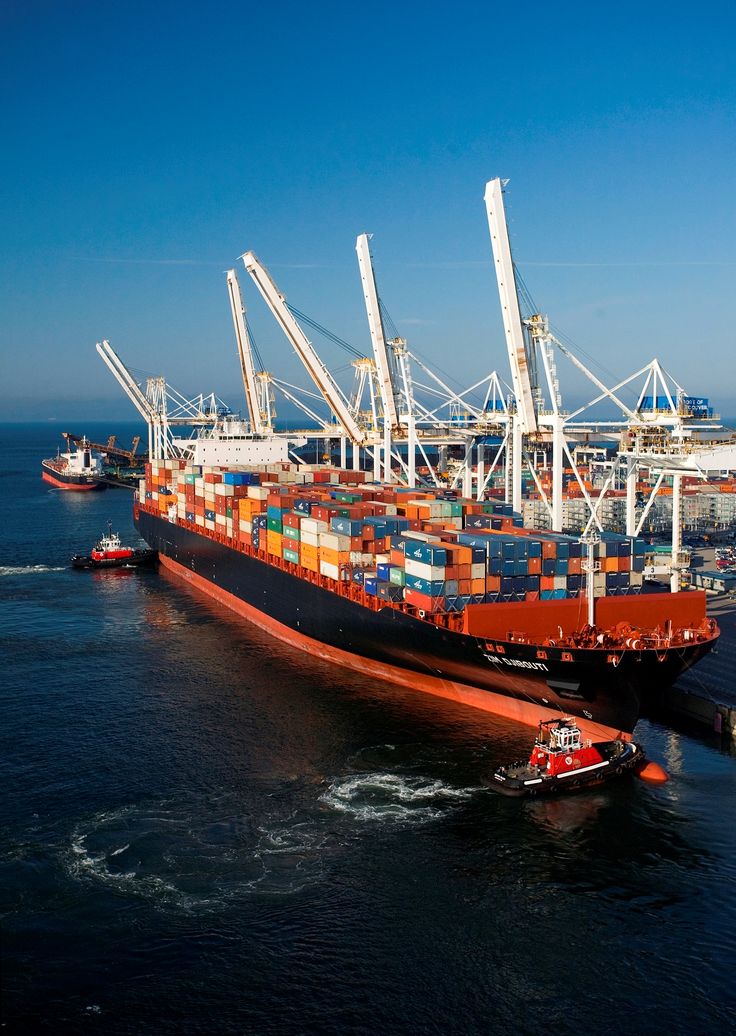Selecting the right suppliers in China is crucial for smooth international trade operations, especially when it comes to customs procedures. Knowing how to choose customs-friendly suppliers in China can save you time, reduce costs, and avoid potential delays at the border. This guide offers practical steps to help you make informed decisions.
1. Check Regulatory Compliance
Verify Licenses and Certificates
Ensure that suppliers possess all necessary licenses and certificates for their products. For example, suppliers of electronic goods should have China Compulsory Certification (CCC) if the products are subject to it. These documents prove that the products meet Chinese and international standards.
Understand Export Regulations
Work with suppliers who are well-versed in Chinese export regulations. They should know the specific requirements for different product categories, such as restrictions on hazardous materials or special documentation for certain goods.
2. Evaluate Experience and Reputation
Look at Track Record
Research a supplier’s history in international trade. Suppliers with years of experience are more likely to understand customs procedures and handle potential issues. Check if they have a history of successful exports to your target markets.
Read Customer Reviews
Online platforms and trade forums often contain reviews from other buyers. Positive feedback about a supplier’s ability to handle customs paperwork accurately and efficiently is a good sign.
3. Assess Documentation Competence
Review Document Quality
Request sample documents from suppliers, such as commercial invoices, packing lists, and certificates of origin. Well-prepared, accurate documents are essential for smooth customs clearance. Incomplete or incorrect paperwork can lead to delays and fines.
Ensure Timely Submission
Choose suppliers who can submit all required documents in a timely manner. Delays in document submission can hold up the entire shipping process and cause unnecessary costs.
4. Consider Communication and Cooperation
Language Proficiency
Effective communication is key. Suppliers who can communicate clearly in English or other widely used business languages will make it easier to discuss customs-related matters and resolve issues promptly.
Willingness to Collaborate
Select suppliers who are willing to cooperate closely with you and your logistics partners. They should be open to providing additional information or making adjustments to ensure compliance with customs regulations.
5. Inquire about Customs Support Services
In-House Expertise
Some suppliers have in-house customs experts or teams. These professionals can help navigate complex customs procedures, answer your questions, and ensure that all requirements are met.
Network of Partners
Suppliers with a strong network of customs brokers and freight forwarders can also be an advantage. Their partners can assist with customs clearance and other logistics aspects, streamlining the process.
In conclusion, mastering how to choose customs-friendly suppliers in China involves checking regulatory compliance, evaluating experience, assessing documentation skills, considering communication, and inquiring about support services. By following these steps, you can build a reliable supply chain that minimizes customs-related risks. For more detailed advice, companies like China Top Freight can offer industry insights to support your international trade endeavors.Utilize China Top Freight to help solve the problems you are facing. Contact us today to embark on your smooth transportation journey!


